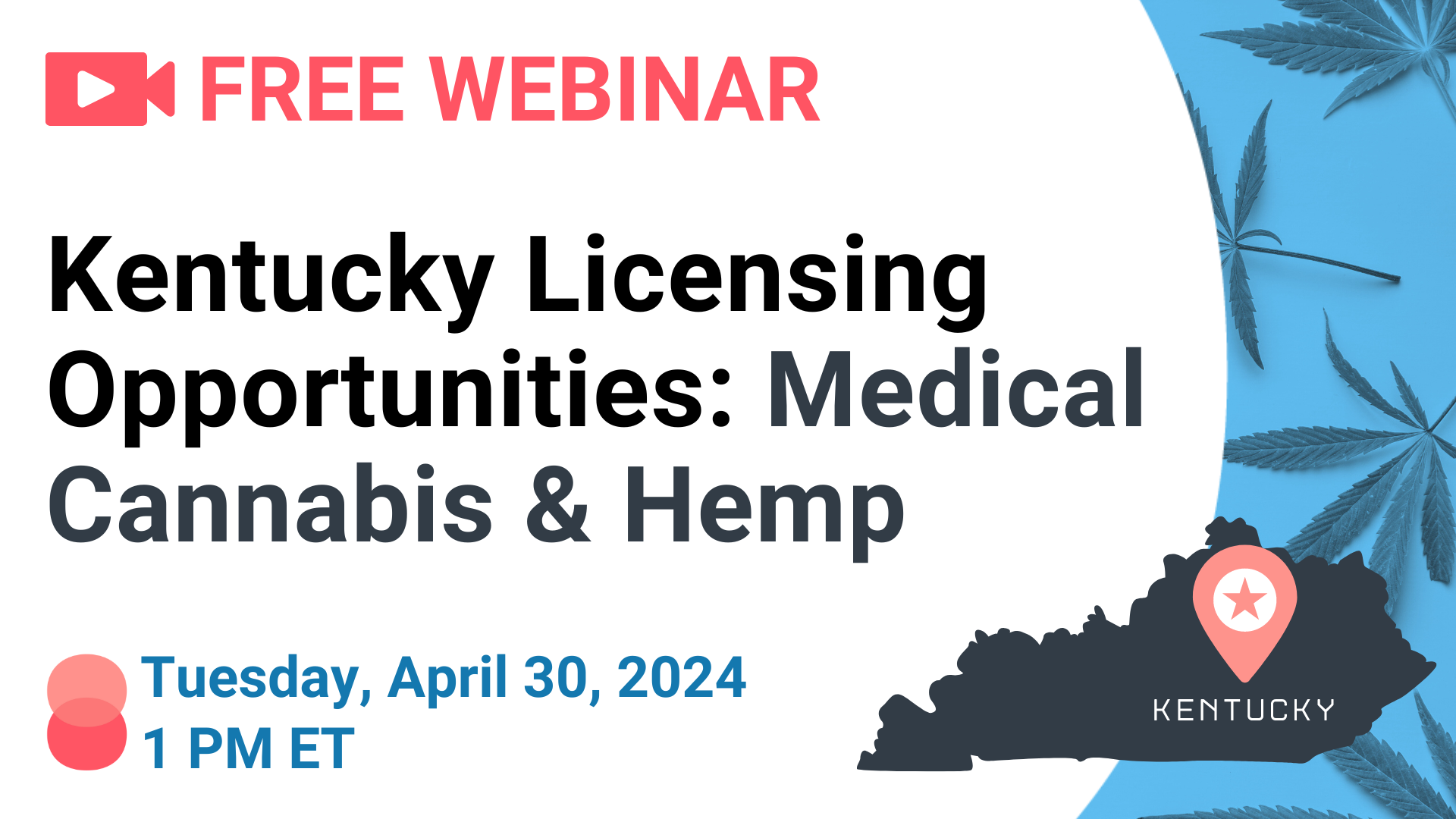Cannabis in the 2020 Election: Cheers to Southern Momentum in Mississippi!
By Sally Kent Peebles
Oct 29, 2020
This is part 3 of our series of articles exploring the impact of the 2020 elections on the cannabis industry. On November 3, in addition to presidential and congressional elections that will have a major impact, five states have ballot measures that will legalize marijuana in some form. Mississippi is one of those states.
Of all places in the South, the conservative stronghold of Mississippi was not on top of the list when I predicted which southern state would be the first to roll out the most reasonable medical marijuana law. I am glad to say that I have been proven wrong. In less than one week, Mississippi voters will have the chance to vote on and approve Initiative 65, a refreshingly comprehensive and patient-focused medical marijuana Constitutional Amendment.
Unfortunately, a competing initiative put forth by the Mississippi legislature, similarly titled Alternative 65A, will appear alongside Initiative 65 on the ballot, adding some confusion to the voting process. For reasons stated below, the team at Vicente Sederberg strongly advocates for the passage of Initiative 65 and believes that Alternative 65A should be rejected.
The critical difference between the two is that Initiative 65 includes within the amendment the specific rules and a strict timeline to implement the program in an efficient and comprehensive manner. Alternatively, the language of Alternative 65A is vague and leaves the Mississippi legislature in charge of determining the program’s details sometime in the undefined future. For example, the preferred Initiative 65 requires that by July 1, 2021, the state must adopt final rules and regulations to implement the program, and by August 15, 2021, patient identification cards and medical marijuana treatment center licenses (MMTCs) must be issued. Alternatively, Alternative 65A includes NO timelines for the legislature to abide by, exposing the program to almost certain indefinite delays. Further, Initiative 65 includes a list of 22 qualifying medical conditions that would enable a patient to access medical marijuana, including cancer, epilepsy, ALS and chronic pain. This is in sharp contrast to the inferior Alternative 65A, which does not include qualifying medical conditions that would enable a patient to obtain medical marijuana; once again punting this crucial detail to legislators to determine at their leisure.
In addition to including language to ensure that the program is rolled out in a reasonable timeframe, Initiative 65 would allow for a horizontally integrated program (participants can choose to be vertically integrated if they wish). The Department of Health will issue MMTC licenses to “process” medical marijuana, which will include cultivation, delivery, processing and dispensing, among other activities. Critically, and in sharp contrast to their southern neighbors, Florida and Georgia, Initiative 65 does not arbitrarily cap the number of MMTC licenses that the state can issue, instead allowing free market forces to ultimately determine that number. Notably, there is no residency requirement to apply for a MMTC license and local jurisdictions would not be able to ban MMTCs. All of this is great news for anyone interested in participating in Mississippi’s medical marijuana program as a licensee.
I am thrilled that Mississippi may finally have a chance to put an end to medical marijuana prohibition. My hope is that Initiative 65 will be the fire that lights the momentum in the south, helping to shift public opinion and propelling other nearby southern states to create more forward-thinking regulated marijuana programs.
Join us on November 19 for a post-election discussion with members of the Vicente Sederberg LLP and VS Strategies team. Learn more and register here for this timely event!
Read the next post in the series to learn about Arizona's adult-use cannabis initiative.

